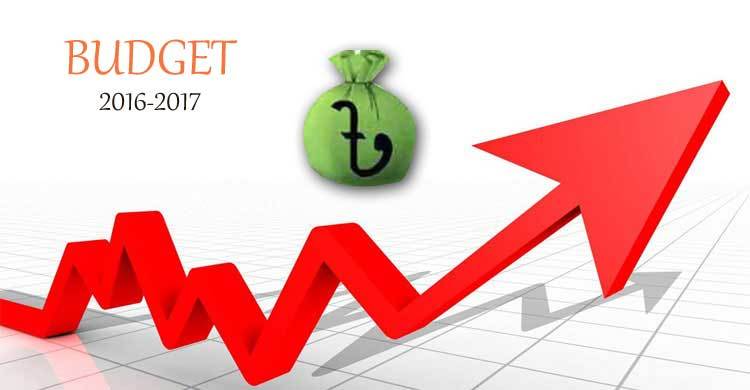Another deficit and expensive budget

Mobile phone use cost, cigarette along with few other daily essentials prices will be increased as Finance Minister Proposed duty to hike the duty on SIM card-related services, tobacco uses as well as rice and few others in the budget for the fiscal year 2016-17.
Mobile Uses Cost:
Mobile phone use cost will increase in the next fiscal as Finance Minister AMA Muhith proposed to hike the duty on SIM card-related services to 5 percent.
Currently, there is a 3 percent supplementary duty on all kinds of mobile service use. In his proposed budget, Muhith set a 5 percent duty.
Currently there are 13.20 crore active mobile connections and of them 5.95 crore are internet connected. Markets total revenue now around Tk 25,000 crore.
Bidi Price:
The price of cigarette is set to go up as the finance minister today proposed tax measures to reduce the use of tobacco and maximise the revenue from this sector.
Price of lowest slab of cigarette has been set at Tk 23 from the existing Tk 18, Finance Minister AMA Muhith proposed in his budget for 2016-17 fiscal.
New VAT law:
The government has backtracked on its move to implement the new VAT law from the start of the new fiscal year in the face of resistance from businesses, a section of revenue officials and inadequate preparation by the National Board of Revenue (NBR).
It became apparent from the finance minister’s disclosure during his budget speech when he said that the VAT and Supplementary Duty Act 2012, which envisages a universal 15 percent VAT rate, have been rescheduled to be effective from July, 1 2017.
VAT for small traders:
In face of protests from businessmen, the government has decided not to implement a flat VAT rate for small traders and instead almost doubled the package VAT.
The previous package VAT rate was Tk 3,600, Tk 7,200, Tk 10,000 and Tk 14,000 depending on the annual turnover of the businesses.
GDP:
The planned Tk 340,605 crore budgets for the next fiscal would be 17.4 percent of the gross domestic product. In terms of share in the GDP, the planned budget is almost the same as the budget of fiscal 2015-16.
The pattern of income and expenditure in the 2016-17 budget would be as usual. For example, as in the previous years, there would be big allocations for salaries and wages of public servants, subsidies and interest payments.
Revenue:
In the upcoming budget, the government is likely to set an ambitious revenue earning target. It was seen in the past that the government had to revise down the targets at the end of the year, and it still couldn`t achieve the revised targets.
The overall budget deficit will be Tk. 97,853 crore which is 5.0 percent of GDP. Of the total, Tk 36,305 crore (1.9 percent of GDP) will be financed from the external sources and Tk 61,548 crore (3.1 percent of GDP) from the domestic sources.
Allocation for education:
The government has proposed raising allocation in the education sector by 32 percent to Tk 49,009 crore in the next fiscal year compared to the allocation in the outgoing FY.
In his budget proposals, placed in parliament today, AMA Muhith set aside an allocation of Tk 26,847 crore for the education ministry and another Tk 22,162 crore for primary and mass education ministry.
Price Increase:
Prices of SIM card-related services, tobacco, tea washing machine, travel bags, rice, optical cable and books will increase as Finance Minister AMA Muhith proposed to hike the duty on these.
Deficit budget:
Deficit in the new budget stands at Tk97,853 crore, higher than the last fiscal, will certainly create some concerns. The amount is 5% of the GDP.
The government plans to meet the deficit by borrowing Tk61,548 crore from domestic sources, which is 3.1% of the GDP.
Of the amount, Tk38,938 crore (2% of GDP) will come from the banking sector. Tk22,610 crore (1.1% of GDP) will be collected from government savings instruments and other non-banking sources.
Earlier around 3:00pm today, the cabinet has approved the national at a special meeting at the parliament complex with Prime Minister Sheikh Hasina in chair.
This will be the eighth consecutive budget placed by Muhith – what is believed to be around 29 percent bigger from the current fiscal year.


